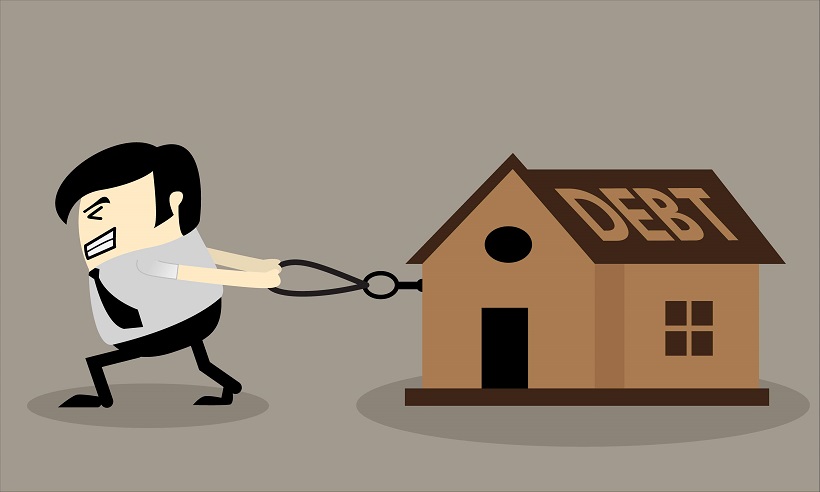In between the days when you can finally pay off your house comes with different feelings of excitement and stress. You carefully plan your financial timetable in order for you to keep up the mortgage payments. Some people seek the help of a financial advisor in order to stay on track with their payments. Here are some of the most common mortgage problems and how you can solve them.
If your payments behind your mortgage.
If you are a few months behind your mortgage payments, look for payment modification programs that will help you make new payment arrangements for your mortgage. Some programs will offer to extend your loans or give you a lower interest rate.
If you are starting to struggle financially, seek financial advice from a professional to help you look for a solution to your problem. Early intervention can help manage your financial problems and avoid the progression of financial difficulty.
If you are facing foreclosure.
If your lender is starting to threaten you about foreclosure, take courage because there is a solution to your problem. Once you have received a letter from your mortgage holder about foreclosure, call them immediately. Be honest and tell them the reason why you are behind your payments. If you are having short-term financial problems, let them know that you have a plan on how to handle your situation.
If you are able to get a hold of a Special Forbearance, stating that you have legal reasons why you have missed your payments, then your mortgage holder might be willing to make new payment plans for you.
If you are having problems making your payment.
One of the common solutions to this problem is applying for a mortgage grant. The government does not give these mortgage grants, but, rather, they give the funds to a distributing organization. These grants are from local and state agencies.
A website called federal grant.gov is where you can get information about the mortgage grants available in your area. Every grant has its own qualification so make sure to find one that can easily qualify you.
If you have negative equity in your home.
When you have negative equity, it means that your home’s market value is lesser than your loan balance. Refinancing your home to a lower monthly payment can relieve you but most lenders refuse to refinance a home with negative equity.
Look for some government programs that are available to help homeowners refinance a house with negative equity. These government programs are also based on certain qualifications just like the mortgage grant, so look for government programs that will qualify you.
Conclusion
If you are currently in any of those four situations, do not be afraid to seek help. Do not ignore letters that are coming from your mortgage lender. They will surely appreciate if you reach out to them about your current financial situation. They will understand what you are going through and they will help you come up with a solution that will be beneficial for both parties.






